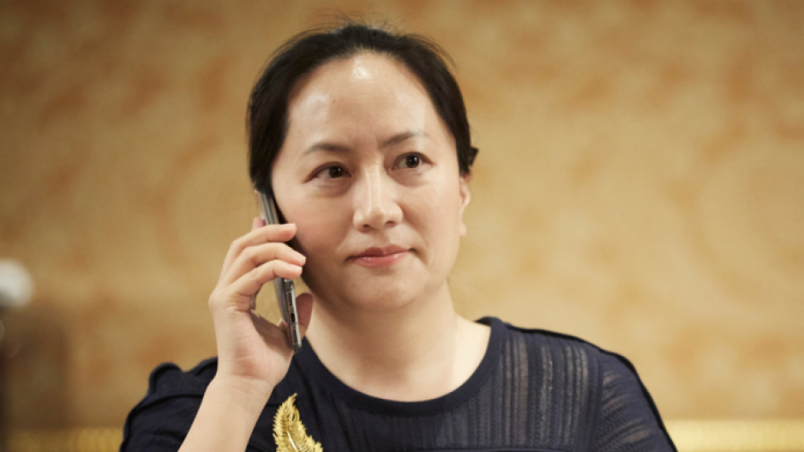The extradition hearing for Huawei Technologies Co. Ltd. CFO Meng Wanzhou continues today in Vancouver, with Crown counsel led by attorney Robert Frater calling the information requested by the defence irrelevant to the process.
Frater began presenting the Crown's case this morning, stating that the argument for additional information disclosure from U.S. authorities need to be kept "on the straight and narrow" and not veer into judging the merits or the trustworthiness of the record of the case (ROC) as presented by American officials.
While Frater said Meng's defence also agreed the extradition hearing should not veer into the jurisdictions of a full jury trial in assessing evidence, defence lawyers' arguments on the ROC's reliability - along with the use of the term "causality" - moves the discussion "dangerously close" to something outside the reach of an extradition hearing.
"The court must keep the hearing on the straight and narrow," Frater said.
"You [associate chief justice Heather Holmes] have the ability to do so by refusing to spend precious court time and resources on things that have no power of success. You have that authority."
Frater added that the merit of the ROC - under precedents on the dominant case thread of how to handle an extradition case, including one of Holmes' own previous rulings - is something that's up to the foreign court of the requesting state (the United States) to decide post-extradition, in a formal trial setting.
"The precedents on the dominant case thread points to dismissal [of Meng's disclosure application]," he said.
The defence, as expected, started the day by targetting the trustworthiness of U.S. authorities' account of the Chinese executive's alleged wrongdoings.
Meng's defence spent the entirety of Monday's court session focusing their fire on the topic of the record of the case (ROC) an supplemental record of the case (SROC) provided by the U.S. Department of Justice to the Attorney General of Canada as the reasoning for the extradition request. Lawyer Scott Fenton criticized the ROCs as demonstrating a negligence or willful intention to carry out the requesting state's "duty of candour" in describing Meng's alleged criminal activity of fraud.
Fenton especially noted the representation in the ROC of a 2013 powerpoint presentation made by Meng to financial institution HSBC, saying that U.S. records sent to court did not represent Meng having fully disclosed Huawei and a subsidiary's operations in Iran - as she did in the powerpoint, Fenton stated.
The defence also targetting a number of items they felt were misrepresentations of Meng's activities with HSBC, culminating in a claim that the U.S. ROCs are "unreliable" and more disclosure of information is needed.


.png;w=120;h=80;mode=crop)